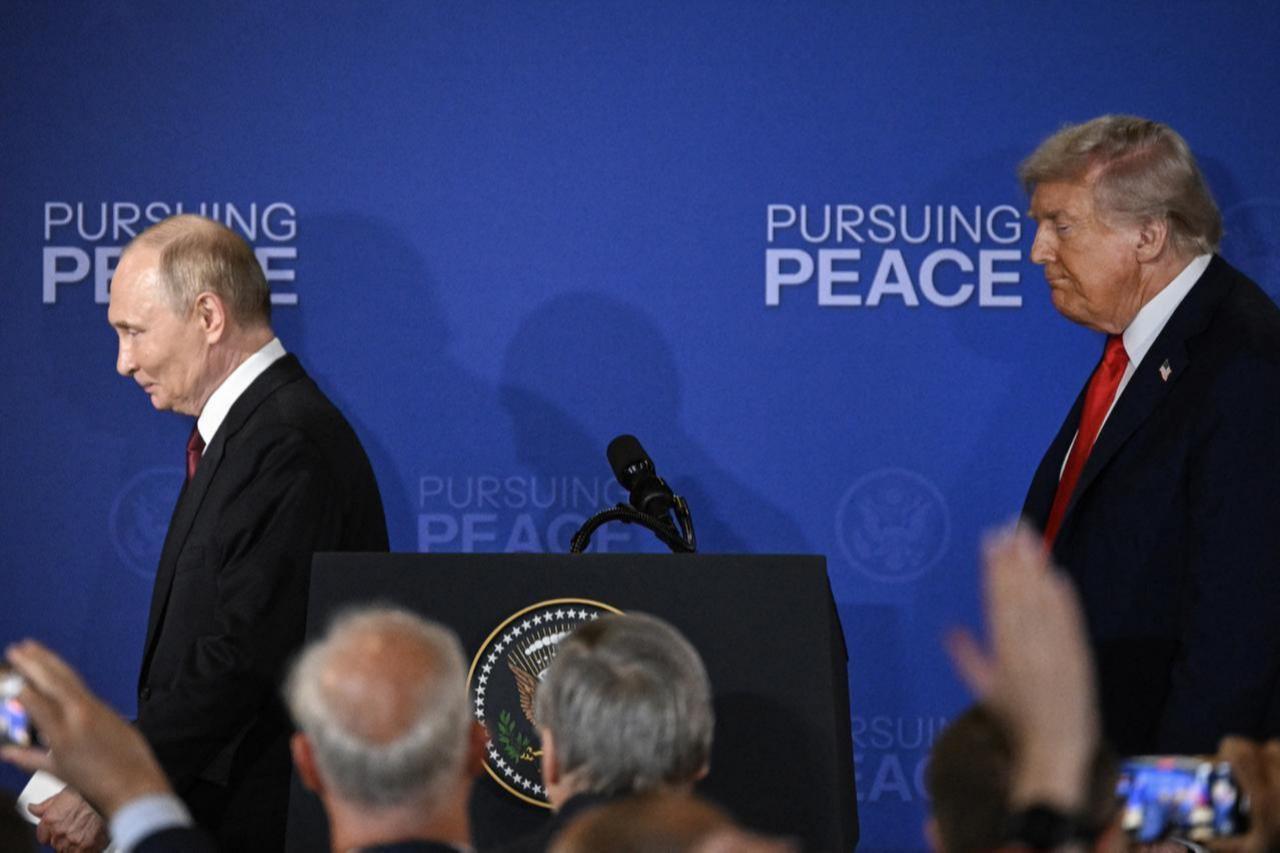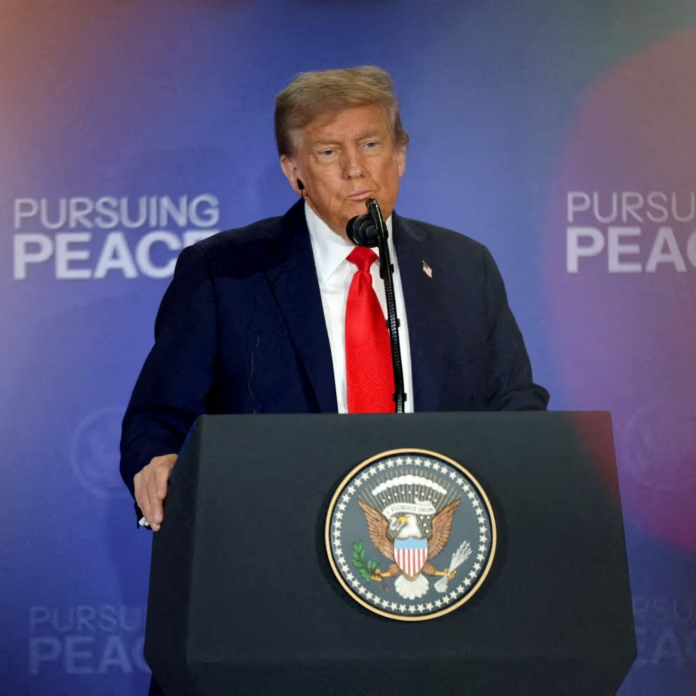U.S. President Pushes Allies to Tighten Economic Measures Against Moscow
President Donald Trump urged European leaders on Thursday to halt their purchases of Russian oil, warning that continued trade with Moscow fuels its war against Ukraine. He also pressed allies to step up economic pressure on China, accusing Beijing of providing indirect support for Russia’s military efforts.
The remarks came during a high-level virtual meeting of more than 30 nations, hosted in Paris as part of the “Coalition of the Willing.” The gathering, led by French President Emmanuel Macron and British Prime Minister Keir Starmer, focused on drafting long-term security guarantees for Ukraine in the event of a peace agreement with Russia. Ukrainian President Volodymyr Zelenskyy attended in person, addressing the coalition and expressing gratitude for international backing.
Trump’s Direct Appeal to European Allies

According to a White House official, Trump emphasized that Europe’s purchases of Russian oil continue to provide Moscow with a financial lifeline. “Europe must stop purchasing Russian oil that is funding the war,” he said, noting that Russia received more than €1.1 billion in fuel revenue from the European Union last year alone.
The president also insisted that European leaders increase pressure on Beijing, warning that China’s financial and technological ties with Moscow indirectly prolong the war. His envoy, Steve Witkoff, represented Washington at the Paris talks, reinforcing the U.S. role in diplomatic negotiations despite Trump’s repeated reluctance to deploy American troops to Ukraine.
The discussions also explored options for a potential European-led peacekeeping force to safeguard Ukraine in the event of a ceasefire, as well as ways to formalize long-term Western security commitments.
Europe’s Energy Dilemma

Despite repeated sanctions since Russia’s February 2022 invasion, Europe continues to import significant quantities of Russian energy. While the overall trade has fallen sharply, Europe’s reliance on Russian gas remains difficult to dismantle.
-
Oil Imports: Eurostat data shows Russian oil exports to Europe totaled $1.72 billion in the first quarter of 2025, a steep decline compared to $16.4 billion during the same period in 2021.
-
Gas Imports: Natural gas dependency remains more resilient. Russia still supplied about 19% of Europe’s imported gas in early 2025, only slightly down from 22% in 2021. Due to higher global prices, the value of these imports actually rose to $5.24 billion in the first quarter of this year.
-
Overall Trade: In 2024, the EU imported nearly $41.9 billion in goods from Russia. While this represents an 86% reduction compared with early 2022 levels, the figures underline Europe’s continued exposure to Russian energy.
This ongoing dependence poses a challenge for leaders trying to align economic policy with foreign policy goals.
EU Plans to Phase Out Russian Energy
In response to mounting pressure from both Washington and Kyiv, the European Commission has put forward legislation to phase out Russian oil and gas imports entirely by January 1, 2028.
The proposed framework includes:
-
Ban on new Russian gas contracts beginning January 2026.
-
Termination of existing short-term contracts by mid-2026.
-
Gradual wind-down of long-term contracts until the 2028 deadline.
Officials in Brussels acknowledge that severing decades of energy ties with Moscow will not be easy, especially for countries still heavily reliant on Russian gas pipelines. However, leaders argue that cutting these ties is essential for Europe’s long-term security and autonomy.
Ukraine’s Response and Growing Coalition Support
Following the Paris meeting, President Zelenskyy offered “special thanks” to Trump for his outspoken efforts to end the war and for America’s ongoing support of Ukraine. He welcomed the coalition’s willingness to discuss deploying European forces as a “reassurance mechanism” to enforce any eventual peace agreement.
Of the 30 participating nations, 26 pledged to contribute to a potential stabilization mission. The initiative is designed to prevent renewed Russian aggression and ensure Ukraine’s sovereignty remains protected under any future settlement.
Trump’s Strategy Toward Moscow and Beijing
Trump has coupled his European outreach with sharper rhetoric toward Russia. He has warned that Moscow will face “unspecified consequences” if it continues to resist peace negotiations. At the same time, his administration is preparing secondary sanctions targeting countries that maintain extensive trade with Russia, a move primarily directed at China.
By linking China’s role to the war effort, Trump aims to broaden international pressure on Moscow while curbing Beijing’s global influence. Analysts say this dual-track strategy reflects Washington’s attempt to keep both adversaries in check while reinforcing U.S. leadership in European security.
Looking Ahead
The Paris talks highlighted both progress and persistent challenges in the West’s response to the war. While European leaders have significantly reduced their reliance on Russian oil and pledged further reductions, natural gas remains a sticking point. The continent’s economic vulnerability to energy shortages has made policymakers cautious, even as Ukraine and the U.S. push for faster action.
Still, the coalition’s growing unity suggests that Russia faces an increasingly constrained environment. With Trump pressing allies and Zelenskyy securing wider commitments, the momentum appears to be shifting toward stronger collective measures aimed at ending the conflict on Ukraine’s terms.
Sources: Reuters

